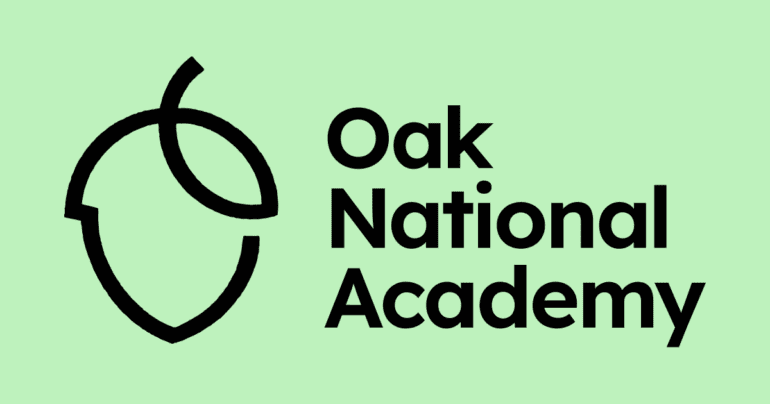TL;DR:
- Oak National Academy receives £2 million from government ministers to enhance AI-powered educational tools.
- The investment will expand Oak’s AI-driven quiz builder and lesson planner following a successful pilot phase.
- Edtech companies will gain free access to Oak’s lessons, fostering innovation in the sector.
- The government aims to reduce teacher workload by five hours per week over the next three years using AI.
- A two-day “education hackathon” will explore AI’s potential in providing career advice and support for vulnerable students.
- Prime Minister Rishi Sunak lauds Oak’s efforts as a significant step in transforming education through AI.
- Concerns are raised about the allocation of additional funds to Oak and the need for transparency in spending.
Main AI News:
In a groundbreaking move, Oak National Academy has received a substantial financial boost of £2 million from government ministers, reinforcing their commitment to providing personalized artificial intelligence (AI) lesson-planning support for every educator. This funding injection will facilitate the expansion of Oak’s innovative AI-driven quiz builder and lesson planner, following a successful pilot phase.
This strategic investment isn’t limited to Oak National Academy alone. Edtech companies venturing into AI exploration will gain complimentary access to Oak’s extensive repository of lessons, allowing them to foster innovation and craft their unique educational products. According to Oak’s interim CEO, Matt Hood, the infusion of safe AI technology is poised to significantly alleviate the workload of teachers, affording them greater flexibility to tailor their teaching resources and engage more directly with their students.
The government heralds this move as the initial stride towards delivering personalized AI lesson-planning assistants to every educator, a visionary step in enhancing the efficiency of the educational sector. The allocated funding will be provided directly to Oak through grant financing, circumventing the need for government adherence to conventional procurement regulations, given Oak’s status as an arms-length entity.
In the upcoming month, officials are slated to unveil the findings of an inquiry into the potential of AI in improving education. The government’s ultimate goal is to reduce teacher workload by five hours per week over the next three years, a vision underpinned by leveraging technological advancements.
Gillian Keegan, the Education Secretary, expressed confidence in the transformative power of AI, asserting that it can streamline administrative tasks such as lesson planning and resource creation. By harnessing AI’s capabilities, educators can concentrate on their core mission—teaching and supporting students.
A pivotal moment in this AI-driven education evolution is the commencement of a two-day “education hackathon,” uniting educators and leaders from various educational institutions across the nation to experiment with AI applications. The government aims to test AI’s potential in providing career guidance and interventions for vulnerable students, among other innovative ideas.
Prime Minister Rishi Sunak, who has been fervently championing global leadership in AI, emphasized the remarkable potential of this technology to revolutionize education. He praised Oak National Academy’s efforts as a prime example of the transformative benefits AI can bring to the sector, underlining how this investment will significantly enhance the quality of education and the prospects of future generations.
However, not everyone is convinced of the allocation of additional funds to Oak National Academy, which has already received £43 million for online lesson delivery. Geoff Barton, the General Secretary of the ASCL school leaders’ union, raised pertinent questions about the utilization of these funds and the government’s efforts to nurture AI technology within the UK’s existing edtech industry. Clarity, he argues, is essential, especially as educational institutions grapple with financial challenges stemming from years of underfunding.
Conclusion:
The government’s substantial investment in Oak National Academy to bolster AI-driven education tools marks a significant advancement in the edtech sector. This infusion of funds not only supports Oak’s expansion but also paves the way for greater innovation in the field. The government’s commitment to leveraging AI to reduce teacher workload and enhance education underscores the growing importance of technology in shaping the future of the education market. However, questions about fund allocation and transparency need to be addressed as the sector continues to evolve.

